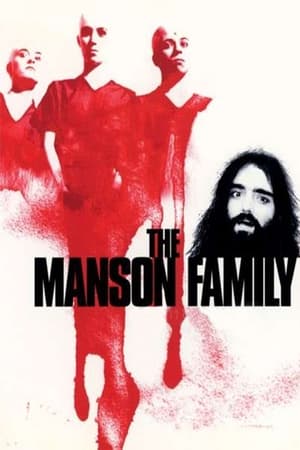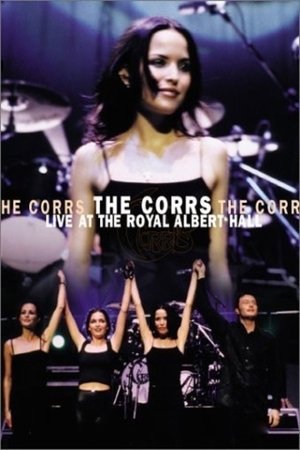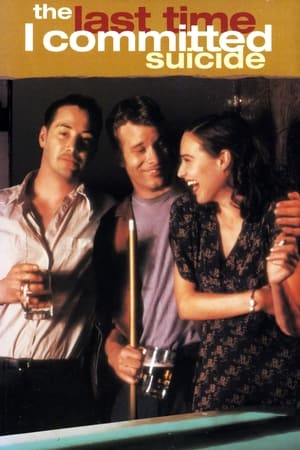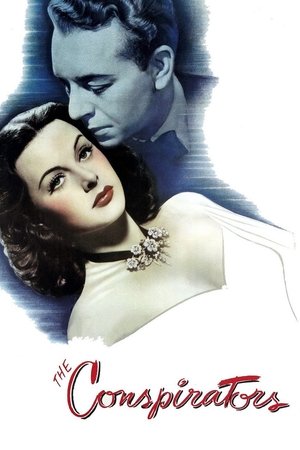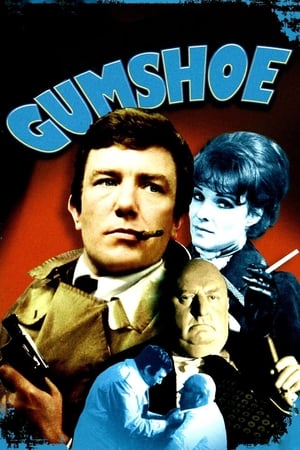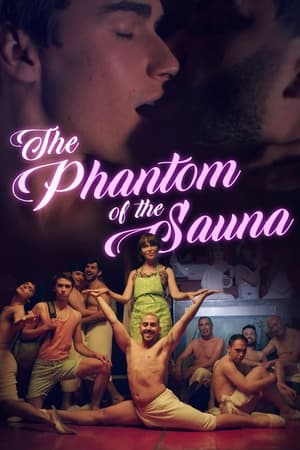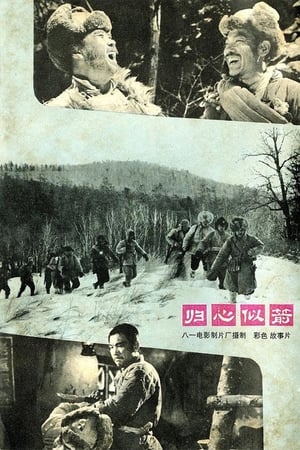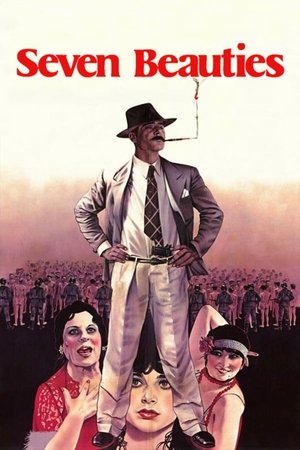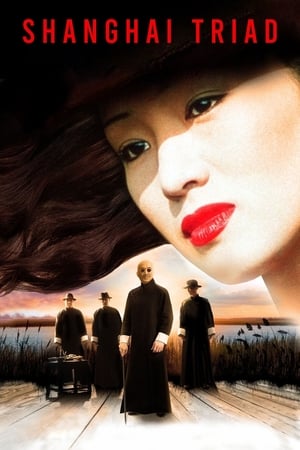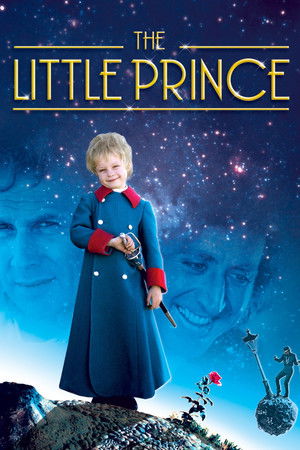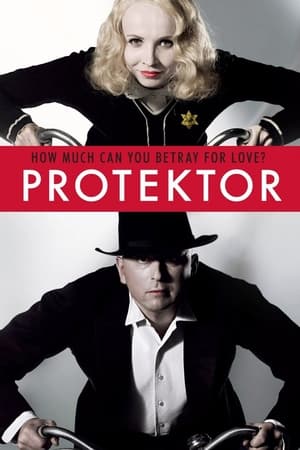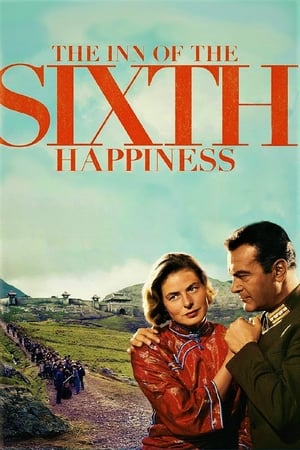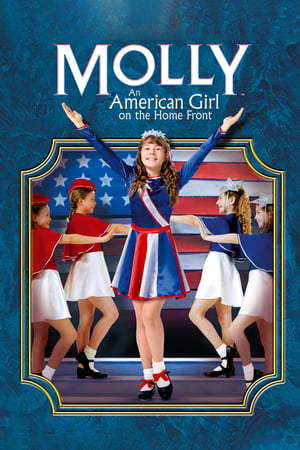Overview
After a series of traumatic childhood events, a psychosomatically deaf, dumb and blind boy becomes a master pinball player and the object of a religious cult.
Reviews
"Tommy" (Barry Winch) is a young lad who lives an almost zombified existence with his mother "Nora" (Ann-Margret) and her second husband "Frank" (Oliver Reed). Flashback tells us that her first husband (Robert Powell) was a gallant flier during the second world war who didn't make it through, and so born on VE Day, the young baby might have been forgiven for thinking that all the flags and fanfare was for him! The kid wasn't born like this, but a trauma somewhere along the line appears to have short-circuited his brain, and so now he doesn't see, speak or hear. Despite their best efforts - and those of a few rather curious family "friends" he remains steadfastly in his own world until a pinball game. He's an ace at the thing and soon the fortunes of his family see his mother rolling around in diamonds on a white carpet or attending gala night at the opera. "Nora" gets a bit frustrated one evening with her now grown up son (Roger Daltrey) and an altercation ensues that brings him, once more, to life - and a life in which he recalls the drama that sent him silent in the first place. Mirrors are quite central to the plot here, and it's one of them that convinces "Tommy" he has an almost Messianic role in life - and so the family start to enjoy an evangelical life that would put "Elmer Gantry" to shame. Wealth, fame, acclaim - but "Tommy" still needs one more thing - fulfilment! Fat chance, here, but what Ken Russell does do is offer us a roller-coaster of a ride as the characters that touch his life range from benign to perverse. Tina Turner is great as the slightly deranged "Acid Queen" and Elton John's "Pinball Wizard" is probably the highlight of this whole rock opera that leaves no aspects of this man's life untouched. Along the way, we also takes great swipes at the sentimentality and venality of life - and Reed takes up that cudgel with a natural aplomb. The star? Well that's got to be Ann-Margret who quite literally throws herself in to part, holding a note and a dance with the best of them. I didn't love the last twenty minutes, but I suppose however this ended was never going to be entirely satisfactory and I never really appreciated Daltrey as a sex-symbol before, but as this gathers pace and he loses his shirt, it's not hard to see why he shone here - physically and metaphorically. It's eclectic, a little hedonistic and meandering at times, but none the worse for that. Turn it up and let it loose.

 111 min
111 min
 6.466
6.466
 1975
1975
 United Kingdom
United Kingdom
 CinemaSerf wrote:
CinemaSerf wrote:
